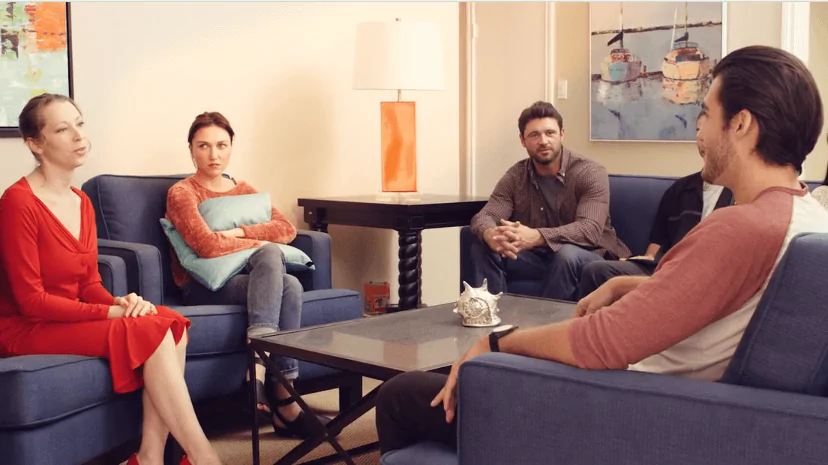24/7 Helpline:
(866) 899-221924/7 Helpline:
(866) 899-2219
Learn more about 60-day Rehab Program centers in Barbour County

Other Insurance Options

Horizon Healthcare Service

Ceridian

Carleon

Choice Care Network

MVP Healthcare

Private insurance

AllWell

Humana

Self-pay options

CareSource

Health Net

BlueCross

WellPoint

Meritain

Lucent

ComPsych

Group Health Incorporated

Sutter

Premera

Evernorth

Appalachian Community Health Center
Appalachian Community Health Center is a private rehab located in Belington, West Virginia. Appalach...




















































































































